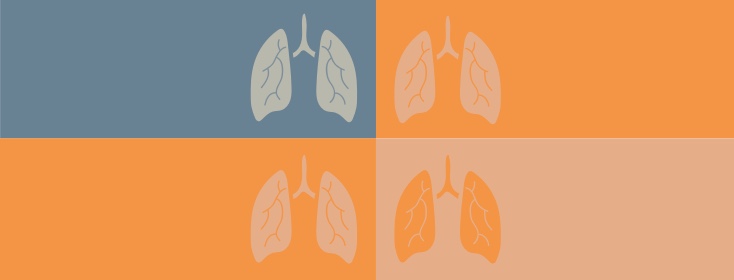Coping With Depression When You Have COPD
Do you ever feel sad, blue or down in the dumps when you think about living with COPD? If so, you're certainly not alone! At least 1 out of every 4 people with COPD experience persistent depression. Many others suffer with depression off and on during the course of their illness.
Chronic health conditions such as COPD are no joke. There is no denying the impact your symptoms and the restrictions they entail place on your quality of life. Besides feeling sadness about the changes and losses COPD can force on you, it's also quite common to have anxiety or even panic at times. This is especially true if you're having trouble catching your breath. The sicker you are, the more likely you are to have depression and anxiety.
When to Suspect Depression
Here are 10 signs from the Anxiety and Depression Organization of America that depression may be interfering with your life in an unhealthy way:
- Persistent feelings of sadness, anxiety or being "empty"
- Feeling hopeless, pessimistic
- Feeling guilty, worthless or helpless
- Losing interest in hobbies and activities you once took pleasure in
- Loss of energy, extreme fatigue
- Having trouble concentrating, remembering or making decisions
- Disruption of sleep patterns
- Poor appetite and weight loss, or conversely, overeating and weight gain
- Dark thoughts of death or suicide
- Restless and irritable
Coping Strategies
Everyone experiences negative emotions from time to time, and they are nothing to be ashamed about. But when these feelings become so powerful they prevent you from caring for yourself properly, it can threaten your health.
So, let's talk about some strategies for coping with depression when you have COPD.
- Don't suffer in silence. Reach out for help. Talk to a family member or friend. If you can't shake the depression, tell your doctor, so that together you can explore the need for counseling, pulmonary rehab and/or prescription medications.
- Expand your knowledge. They say knowledge is power, and it's true. When you learn more about COPD and how it affects your lungs, you can also learn how to better control your breathing. That will give you confidence when the going gets rough during an exacerbation (flare).
- Tap into peer support. You're not alone; 24 million people in the U.S. have COPD. Talk with other COPD sufferers who have similar concerns to yours to share mutual support and encouragement.
- Live a healthy lifestyle. When your overall health improves, it will also help your respiratory health to be more stable. You'll have more energy and enthusiasm about dealing with your COPD.
In Summary
Depression is common among people who have COPD. It is a normal reaction to what you are dealing with when you have a chronic illness. But you can't let depression take over your life and sap your health even further.
And you don't have to deal with it all on your own. Today's antidepressant medications are often quite helpful. Work with your doctor to find the best approach for you.

Join the conversation